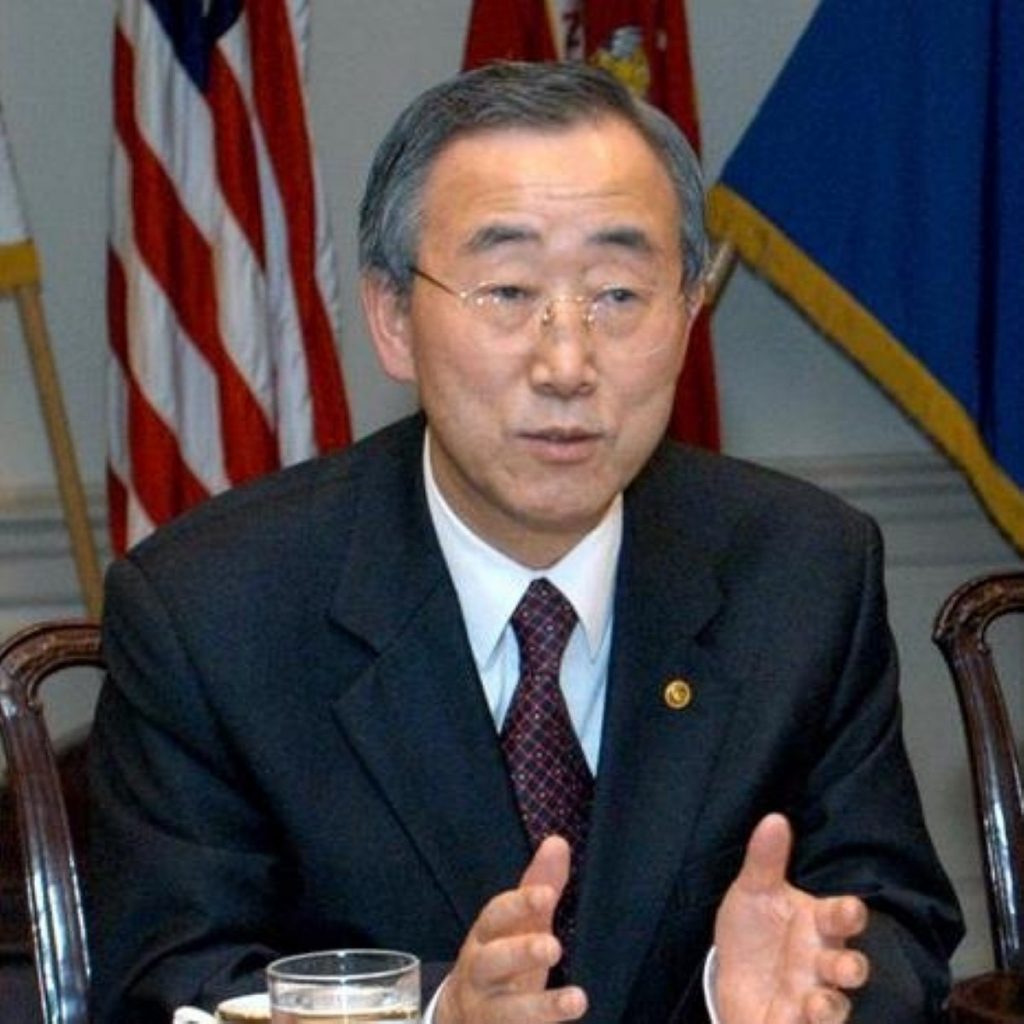UN warns of climate danger
A report prepared by the UN’s panel on climate change has warned of the danger of climate change in the strongest terms yet.
The findings of the Intergovernmental Panel on Climate Change, which was recently awarded the Nobel Prize, state that proof of the phenomenon is “unequivocal”, while stating that “abrupt and irreversible” effects could result if it was not addressed.
The report which warns of the extinction of species, flooding of low-lying areas and disruptions in food production comes ahead of December’s meeting in Bali where global leaders are expected to discuss reductions in carbon emissions.
UN secretary general Ban Ki-Moon backed the panel’s findings saying that there was still time to deal with the process that will result in rising sea levels due to carbon emissions raising temperatures across the world and hastening the melting of glaciers.


Mr Ki-Moon who recently visited Antarctica to witness the effects of global warming said: “I come to you humbled after seeing some of the most precious treasures of our planet threatened by humanity’s own hand.”
“All humanity must assume responsibility for these treasures,” he added.
The director of the World Wildlife Fund’s global climate change programme, Hans Verolme, welcomed the report’s conclusions.
“The strong message of the IPCC can’t be watered down – the science is crystal clear. The hard fact is we have caused climate change, and it’s also clear that we hold the solution to stop global warming in our hands,” he said.
Writing in the International Herald Tribune newspaper before the release of the IPCC report, the UN secretary general warned of an impending “catastrophe”.
He said that dangerous tipping points may be reached and emphasised that warnings on the danger of climate change were based on evidence and were not “scare-mongering”.
The UK government backed the report’s findings. Environment minister Phil Woolas said it laid the groundwork for a major climate agreement at next month’s Bali conference.
“No government can ignore the IPCC’s work on the of the risks of climate change,” he said.
“We must not squander the political will and momentum that the IPCC’s work has generated this year. Instead, we must take this chance to start serious work on a new UN climate framework that can be agreed by the end of 2009.”












